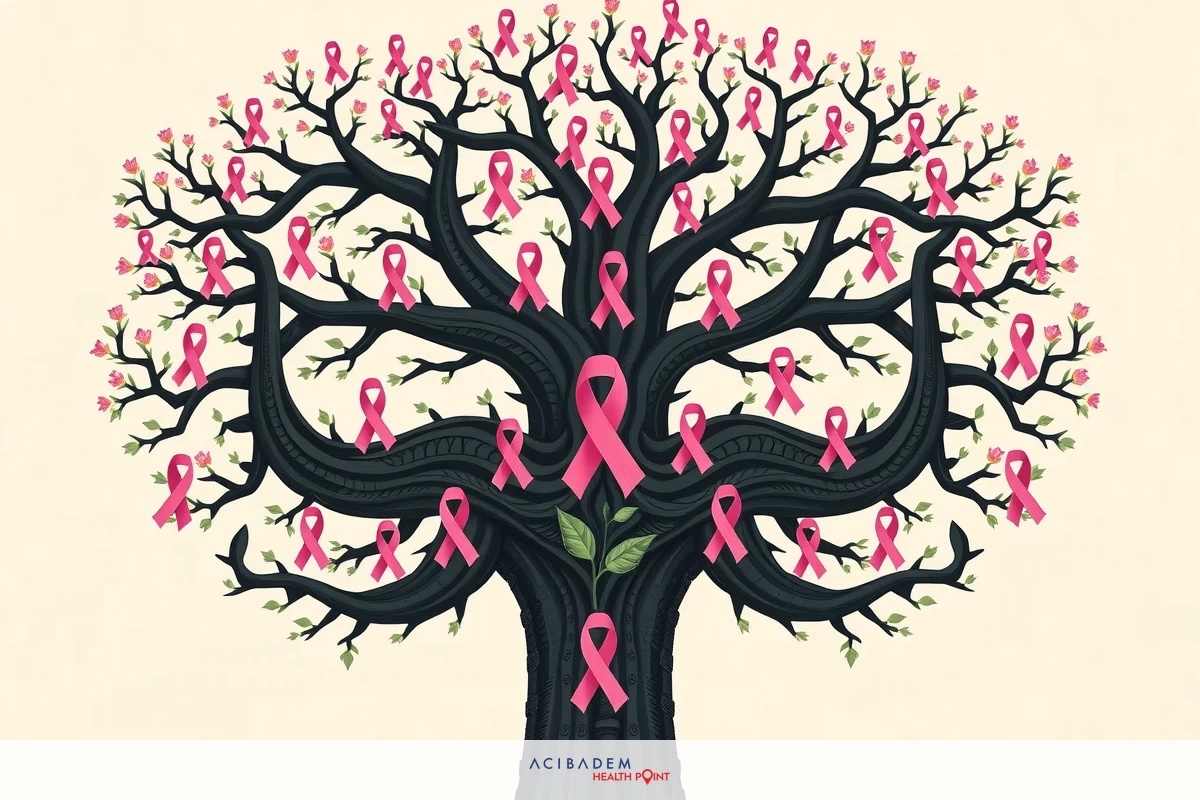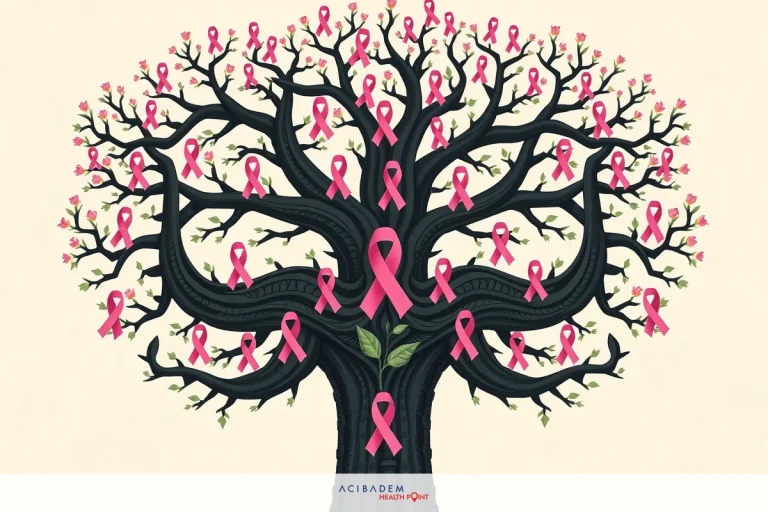Does Breast Cancer Skip a Generation?
Does Breast Cancer Skip a Generation? Breast cancer is a health concern that many families face with worry. It touches lives across generations, making people wonder about their own risk. When we look at family trees, we often see patterns in how diseases show up. Some families notice breast cancer appearing in every generation, while others see it less often. This raises the question of whether breast cancer can skip some people.
Understanding how genetics play a role in breast cancer is key to answering this question. Genes carry our family’s history and can affect our health risks. But genes are not the only factor at work when it comes to diseases like breast cancer. Lifestyle and environment also shape our chances of getting sick.
It’s important for those concerned about their risk to talk to experts and get checked regularly. If you have a family member who had breast care, it might be on your mind more than if you didn’t know anyone affected by it directly. Your doctor or a genetic counselor can help make sense of your personal and family medical history.
Understanding Breast Cancer
Breast cancer is a disease where cells in the breast grow out of control. There are different kinds of breast cancer, and it can start in various parts of the breast. The type and place it begins affect how the cancer grows and spreads. It’s not just one condition but many different ones that act differently.
Knowing your family history plays a part in understanding your own risk for breast cancer. If your mom or sister had it, you might worry about getting it too. Hereditary factors do influence risk, as some genes related to this sickness can pass from parent to child. However, most people who get breast cancer have no known family history.
Genetics is complex when we talk about diseases like breast cancer. Some genes linked with higher chances are BRCA1 and BRCA2; changes in these can be passed down through generations. But having these gene changes does not mean someone will certainly develop the disease.
Lifestyle choices also matter alongside genetics when looking at risks for developing diseases such as breast care . Things like exercise habits, diet, and whether you smoke can play roles too . So even if there’s a family history , you have power over some factors that affect health outcomes .
Genetics and Breast Cancer
The role of genetics in breast cancer is significant but complex. It’s not just about having a family member with the disease; specific genes must be considered. Changes or mutations in these genes can increase one’s risk for developing breast cancer. Notably, the BRCA1 and BRCA2 genes are well-known for their link to higher risks.
Genetic testing has become an important tool in understanding personal risk factors for breast cancer. By identifying gene changes, individuals can better assess their chances of developing it. This information is crucial for making informed decisions about health monitoring and preventive measures.

It’s worth noting that hereditary makes up only a part of the overall picture. While inherited gene mutations are responsible for some cases, most instances of breast cancer occur sporadically without a clear genetic cause. Most people with breast cancer have no family history suggesting hereditary factors.
Knowledge about one’s genetic makeup empowers them to collaborate with healthcare professionals proactively. If there is known hereditary risk, doctors might suggest earlier screening or even preventative treatments . Engaging with your doctor can help create a plan tailored to your unique genetic profile and family history.
Inheritance Patterns
When we talk about inheritance patterns, we’re looking at how breast cancer can be passed down in families.
Some people worry that if their parent had it, they will get it too. But the truth is not always so straight. While some types of breast cancer are strongly influenced by genetics, others are less so.
It’s all about which genes you inherit from your parents. Certain gene mutations like BRCA1 and BRCA2 have a strong link to breast cancer. If these run in your family, your risk might be higher than someone without them. However, inheriting a mutation does not guarantee you’ll develop the disease; it just means your risk is increased.
Family history can give clues to potential risks but doesn’t paint the whole picture. For example, having one relative with breast cancer slightly raises your risk . Having many affected relatives on the same side of the family increases that risk more significantly . Knowing this history helps doctors guide you in screening and prevention strategies .
Does Breast Cancer Skip a Generation?: Frequently Asked Questions
Q: Can someone with no family history of breast cancer still be at risk?
A: Yes, even without a family history, individuals can develop breast cancer due to other factors like lifestyle and environment.
Q: If my parent had breast cancer, does it mean I will definitely get it too?
A: Not necessarily. Having a parent with breast cancer increases your risk but doesn’t make it certain you’ll have the disease.
Q: How often does hereditary breast cancer skip generations?
A: It’s possible for hereditary breast care to seem like it skips generations if not every carrier of a gene mutation develops the disease.
The answers provided here are for informational purposes only and do not constitute medical advice.








